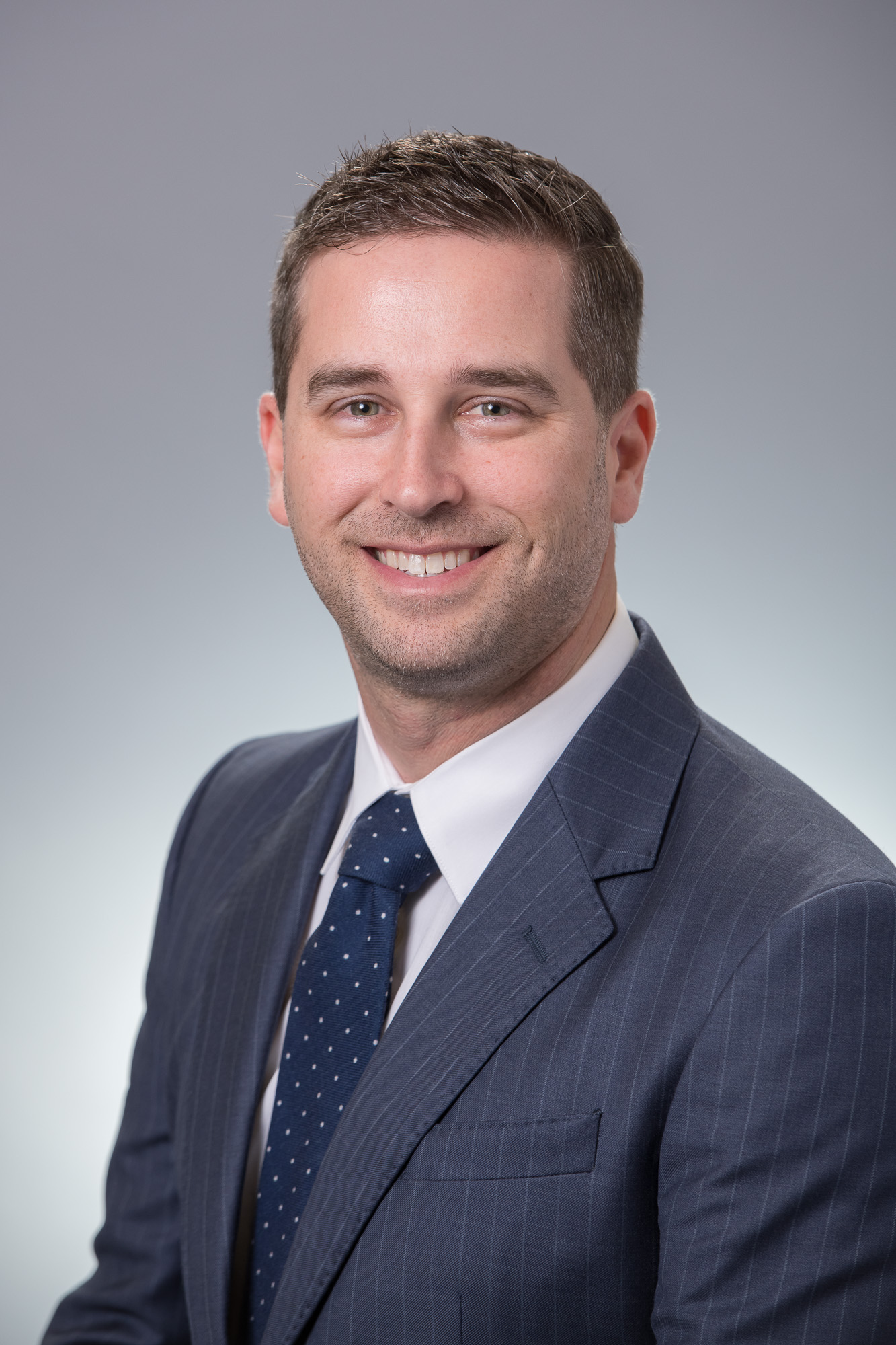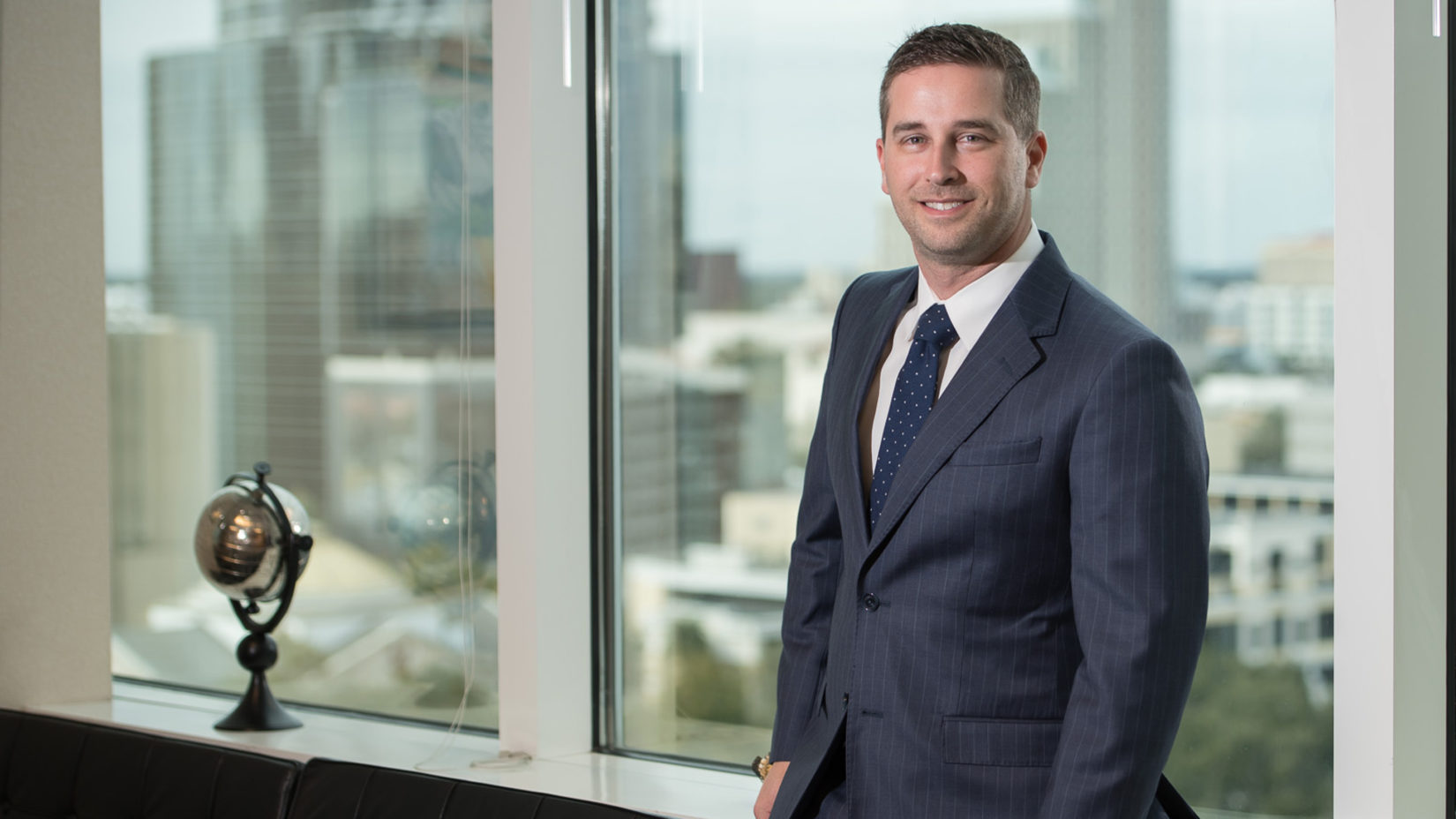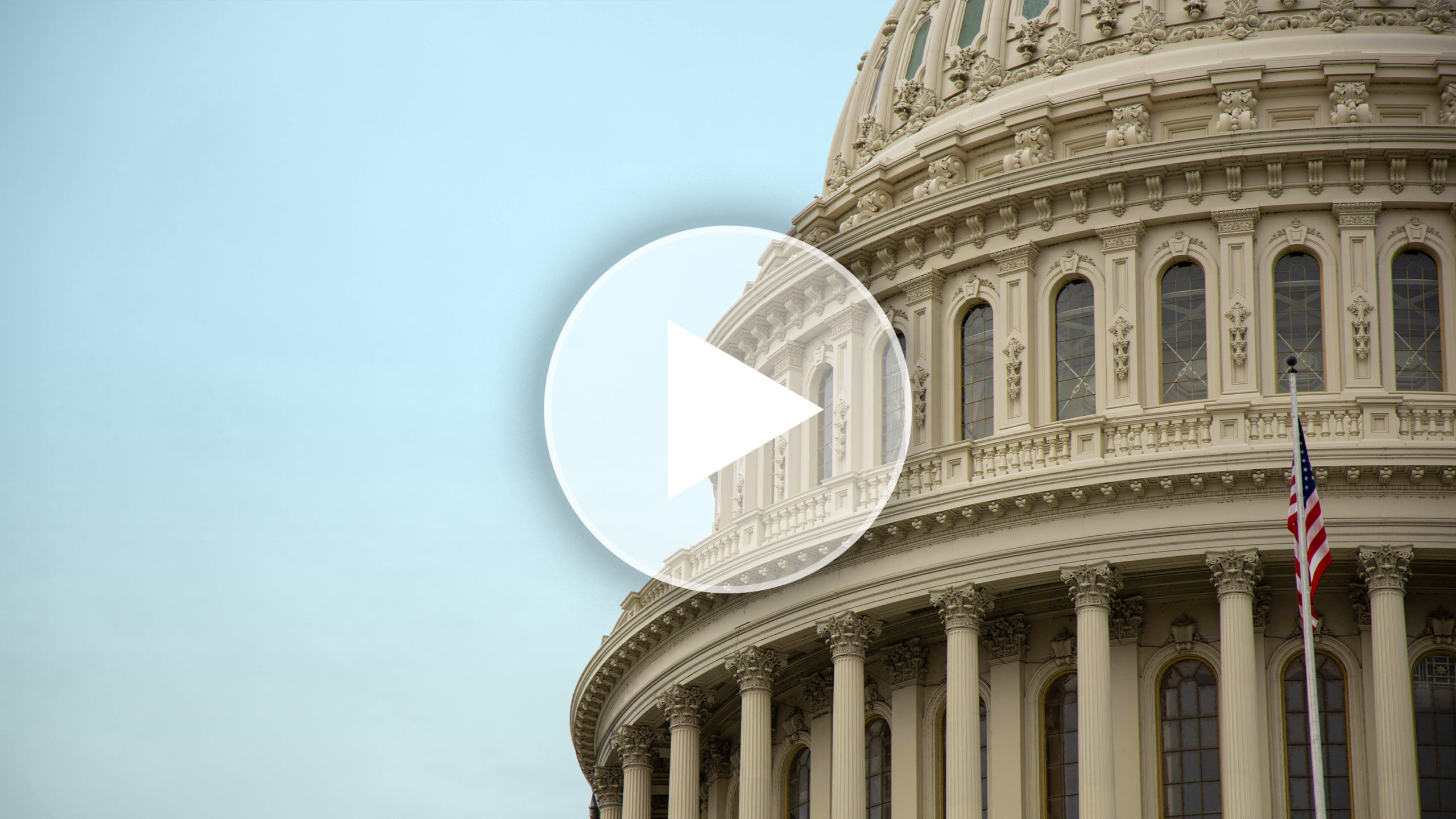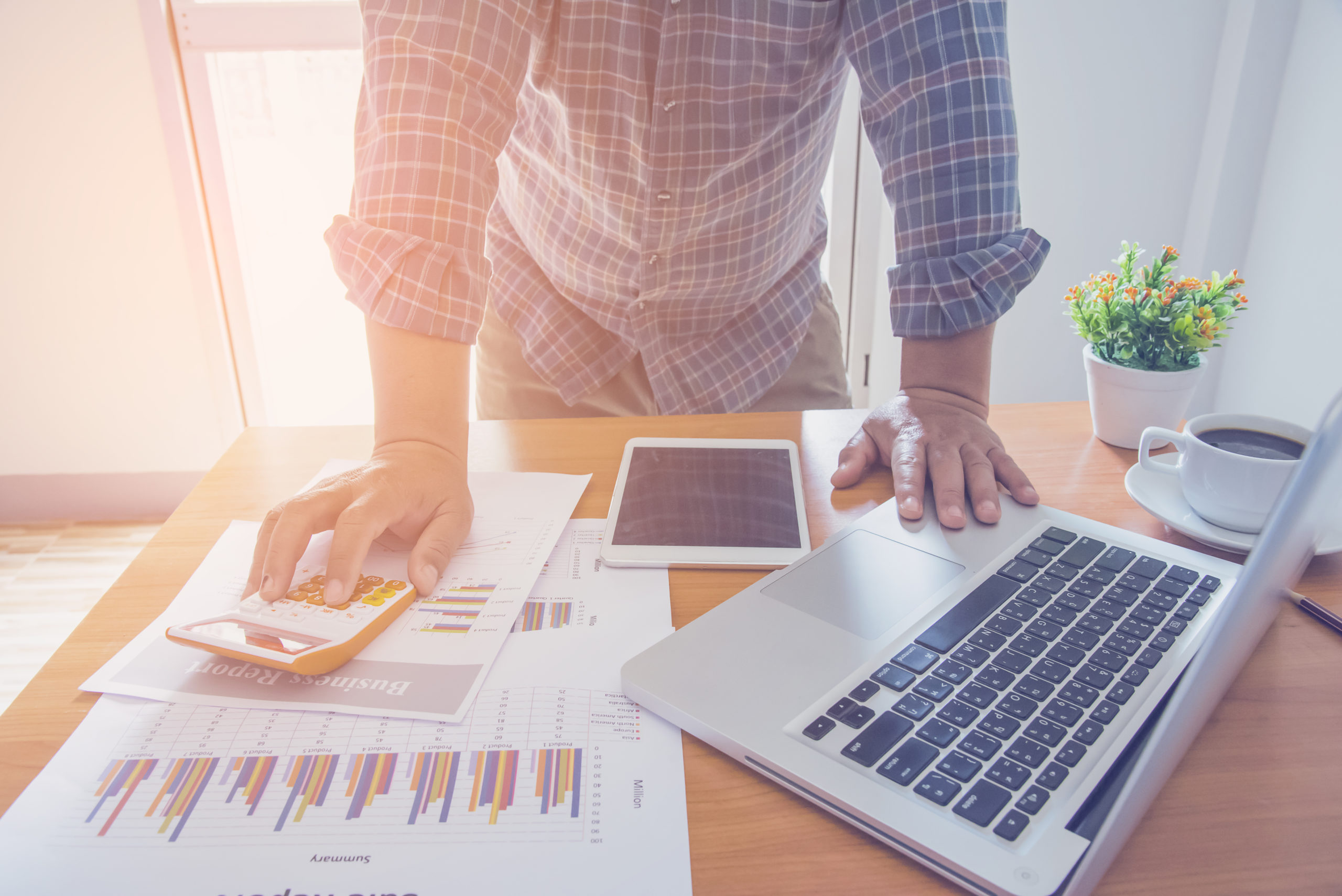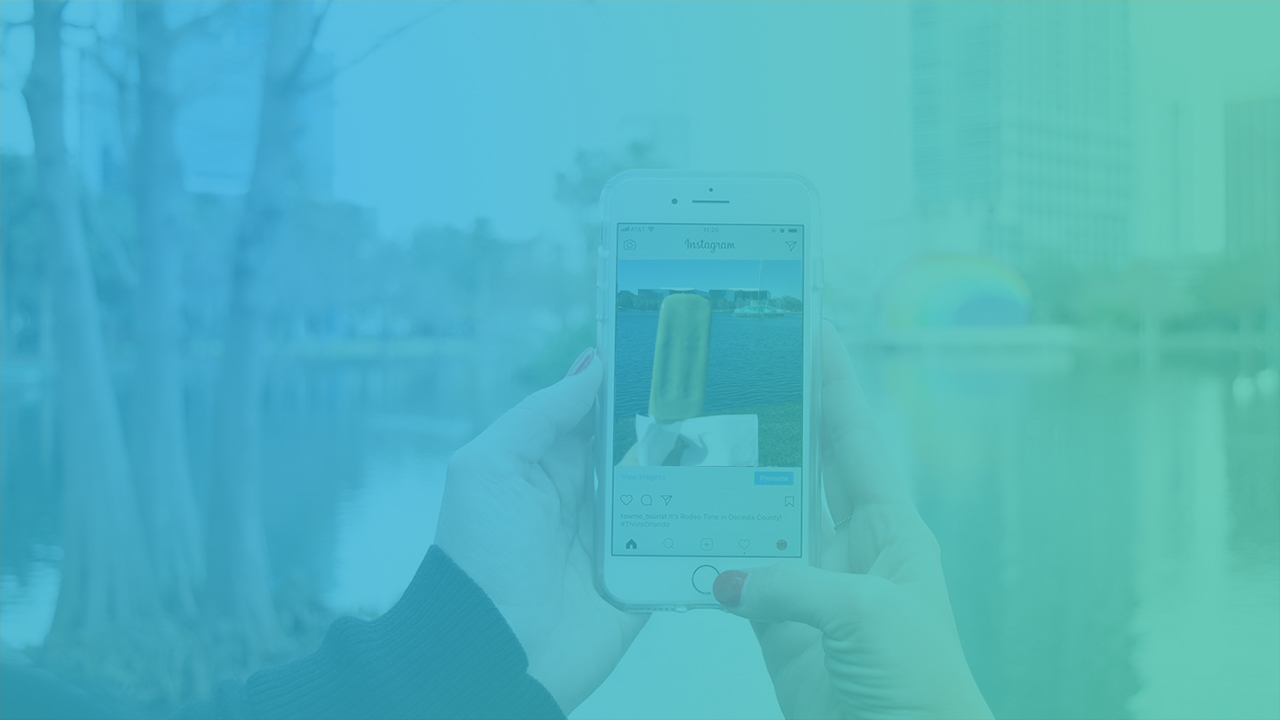The Orlando region’s most pressing opportunities and challenges don’t just have the same importance now as they did before the COVID-19 pandemic. They’ve accelerated. So, we must adapt.
Take a moment to go back in time, seemingly years ago, to a world far different from the one we’re in today. While it may feel like another world away, back in February 2020, just two months ago, leaders in the Orlando region gathered to discuss our opportunities and challenges. We focused on innovation and economic development, talent, health, affordable housing and transportation. All still very relevant; all still our opportunities and challenges. Maybe in a different context, but still the topics of the day. While today we are appropriately and imminently focused on the pandemic and the immediate health and economic needs of our community, the issues we’ve been focused on have the same importance they did just two months ago.
They’ve just accelerated. So, we must adapt.
To start with our adaptation, in the short-term we have reassigned staff to scale up the support of health and business needs during the height of this crisis. We have stood up an online resource center at orlando.org/COVID19, curated guidance and insight from our elected leaders, law firms and accounting firms, and conducted a survey, economic analysis and more. We’re working around the clock to stand up more programs to address the needs in our community, many of which will be announced within days. I’m proud of their work and hopeful that the new programs will have a broad and measurable impact on our region’s economic response.
Now, a bit about the acceleration that is occurring related to our organization’s focus areas:
Innovation and Economic Development
We were focused on innovation because a region must continually foster and reinvent its core strength, which is tourism and hospitality, while we must also invest in the diversity of industry and what’s emerging. Doubling down on this full mix of industry is what the prescription was and needs to be going forward. The new companies, new jobs and new opportunities come when industry sectors collide, investment is made in startups, and large and small companies partner. As supply chains change, let’s look locally first. To do that, we need a better-defined supply chain map by industry, and we need to be proactive to make connections that have companies consider the Orlando region for expansions, reshoring and supply chain adjustments.
We must also be aggressive to identify and capitalize on a new world order as it emerges. Will companies move manufacturing back from China? Will our state and federal government change policy to foster more investment in America by American companies? Will foreign and global companies look to safer and stronger economies like the U.S.? Will this experience have some in megacities look to mid-sized regions like Orlando? We must stay connected to decision-makers and take advantage of any changes that improve our competitiveness. Now is not the time to retreat on our aggressive economic development outreach.
As larger companies move forward, we need to proactively connect them with scaling companies that can meet their needs while creating a win/win for both companies and the job needs of the community. We must also tell our region’s story of innovation to avail our startups of the resources and opportunities within and outside Central Florida. Any strong business is always looking at what is emerging and making investments in the future. Similarly, our region must find new ways to advance what is emerging through investments and collaboration. We must stay the course and allow the creativity and innovation to flourish in new and powerful ways.
Talent
Two months ago, we knew that a third of the workforce would have to be retrained or upskilled by the year 2030, according to McKinsey. The pandemic likely accelerated that timeframe. In a Brookings report recently released, we rank as the No.2 metro community (behind Las Vegas) that will be the hardest hit by the Covid-19 pandemic with approximately 27 percent of our population at risk for being displaced. The travel, leisure and hospitality industries are expected to be the hardest hit. Let’s not miss the opportunity in the crisis to double down on the strategy to expand upskilling opportunities. The labor force has been severely disrupted, and people are looking for new opportunities. We can capitalize on this moment to improve our region’s economic resiliency, create new career pathways and have our labor force drive new economic development opportunities. Having more people with more skills is the surest way our region will grow wages and advance broad-based prosperity in the long-term.
Health
In the old-world order, our community leaders were looking at ways to tie the collaborative momentum in the region together with our amazing healthcare assets to create a renewed focus on the overall health of the community. As the data emerges about coronavirus pandemic, we’re learning two very important lessons: 1) it impacts everybody, but hits those in a disadvantaged environment much harder, and 2) those with underlying unhealthy conditions are hit the hardest.
What will emerge will be a better understanding of how we’re all connected in ways not fully appreciated before. This enlightened sense of self interest should drive a deeper and more significant effort to improve the health of our community. This will include collaborating with existing initiatives, adding to the portfolio and convening a multi-sector approach to improve the health indicators that underly our economy.
Affordable Housing
Just two months ago, we were highlighting that rents have increased in Orlando more than anywhere else in the South in the past decade. We were also discussing the fact that only 13 affordable units exist for every 100 households needing them. Job losses will only deepen the need. Even a quick economic recovery will only get us back to where we were, at best. While the answers didn’t get easier, the need for a more robust effort has become even more clear. This effort will require a renewed public-private approach that needs to be even more aggressive and creative than it was in the past. We’ll continue to keep the focus on the need, convene and help those that have solutions that need to scale.
Transportation
Not even two months ago, our board adopted the Transportation 2030 Report that’s been in development for the past year. The need for investments in our network to provide more options for commuters, tourists, students, families and others still exists. An emerging opportunity exists at the state and federal level to participate in economic stimulus measures under consideration. While there are many areas in the country that need support, few areas are home to as much tourism, industry, and emerging technology as the Orlando region. Few, if any, are as politically significant as the region surrounding the I-4 corridor. As you know, traffic on I-4 continues to rise, with some segments carrying as many as 235,000 vehicles daily—far more than I-4 was originally designed to accommodate. The Florida Department of Transportation has identified concepts for “I-4 Beyond the Ultimate” to the north and south but funding for most of these projects has not yet been identified. We will work to advance the recommendations of the report in the coming weeks and months with a focus on advocacy at the state and federal levels.
Where we are now
Today, we find ourselves in the response and resiliency phase. The pressure for businesses is survival in most cases; how to manage liquidity and solvency are top of mind. At the Partnership, we’re singularly focused on helping businesses manage the disruption through online resources, a webinar series and outreach to enlist as many businesses in the state and federal relief programs as possible. Our leaders are working to share these resources to every part of our region.
We also have an eye on the economic return and reimagination phases. The economic slowdown has accelerated the trends and issues we already were focused on. A united response that adapts to the emerging environment will allow us to strengthen our economy in the mid-term, tell Orlando’s story during the recovery period, and empower fellow leaders to rebuild an even stronger region for the future. We simply can’t afford to miss this opportunity to adapt and respond to the accelerating environment.
To deliver now during the crisis and lead an economic recovery in the coming months, we need you to stand with us now more than ever.
